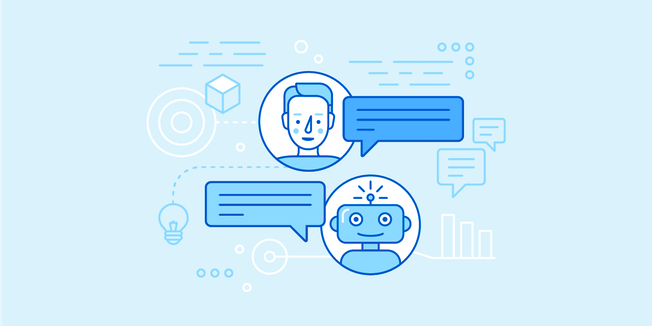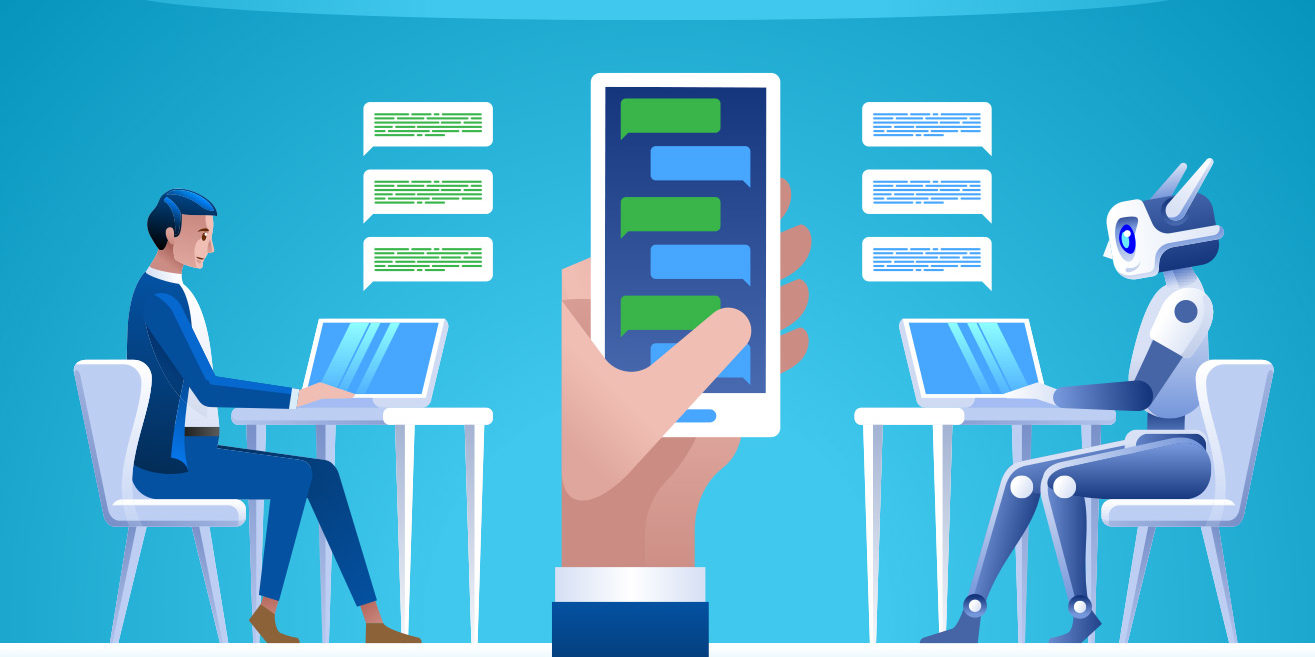
Know that these tools’ responses aren’t static-that’s part of the whole AI story.
Ask it for dinner ideas based on your favorite foods and dietary restrictions. Ask it to do a basic work task for you (and see if it’s any good). Ask it to write you a song or a poem based on a random subject. Knowing that, what should you do with these tools if you decide to experiment with them? We’re all still figuring that out-but if you’re totally lost on what to ask a chatbot, here are three easy places to start: That helps to explain why, for example, one user was able to get ChatGPT to write the lyric “If you see a woman in a lab coat, She’s probably just there to clean the floor.” (None of this is stopping companies from developing and selling these tools.) This is partially because the models that power this technology have learned from real human texts, such as Reddit threads and Wikipedia entries our existing biases, as encoded in the things we’ve written on the web, are therefore built into them. Even in their infancy, they have already returned a number of racist, sexist, bullying, and/or factually untrue responses. Bias is a consistent problem in AI, and these tools are no exception. Note that most of these programs are still in learning mode and may say inappropriate or incorrect things. This cheat sheet tracks some of the most notable chatbot contenders through a few metrics: Can you actually use them? Do they contain glaring flaws? Can they channel the spirit of Ralph Waldo Emerson, The Atlantic’s co-founder? And what Oreo flavor do they think they would be? Ultimately, it’s about determining whether the chatbots are actually distinct-and whether they might genuinely be useful. OpenAI has defined the moment, but there are plenty of competitors, including major players such as Google and Meta and lesser-known start-ups such as Anthropic. Chatbots have existed for decades, but they haven’t seemed especially intelligent-nothing like the poetry-writing, email-summarizing machines that have sprouted up recently. Last November, OpenAI released ChatGPT into the unsuspecting world: It became the fastest-growing consumer app in history and immediately seemed to reconfigure how people think of conversational programs. 
Indeed, this brainchild is being hailed as extraordinary: it supposedly achieves 73% accuracy in comparison to ChatGPT and runs locally on your computer-offline, with no internet connection required.If you believe in the multibillion-dollar valuations, the prognostications from some of tech’s most notable figures, and the simple magic of getting a computer to do your job for you, then you might say we’re at the start of the chatbot era.
Best nsfw chatbot free#
The sexbot floodgates flew open earlier this week with the release of GPT4 x Alpaca, a free LLM that infused Alpaca with GPT-4's smarts. It was released to the public on March 16. That’s where researchers made available Alpaca, open source LLM aimed at AI researchers, scientists, and academics.

Uncensored AI got its start in an unlikely place: Stanford University. Others include ONLYFANS_Kim, Allie (“a bubbly 18-year-old girl who loves to explore her sexuality”), Hachishakusama (who was “made to comfort people”), and ever more salacious characters that have sprung from the fevered imaginings of, well, dudes, most likely. “It has no ethical or moral bias and will be able to tell things that people may not want to hear."ĮVAI is one of the more conservative “NSFW” characters on the sex chatbot community’s Discord servers. "EVAI can do EVERYTHING,” its description says.

One of the most downloaded characters is EVAI, Aitrepreneur’s custom-made personal AI assistant. Screenshot of the AI sex chatbots on the market.






 0 kommentar(er)
0 kommentar(er)
